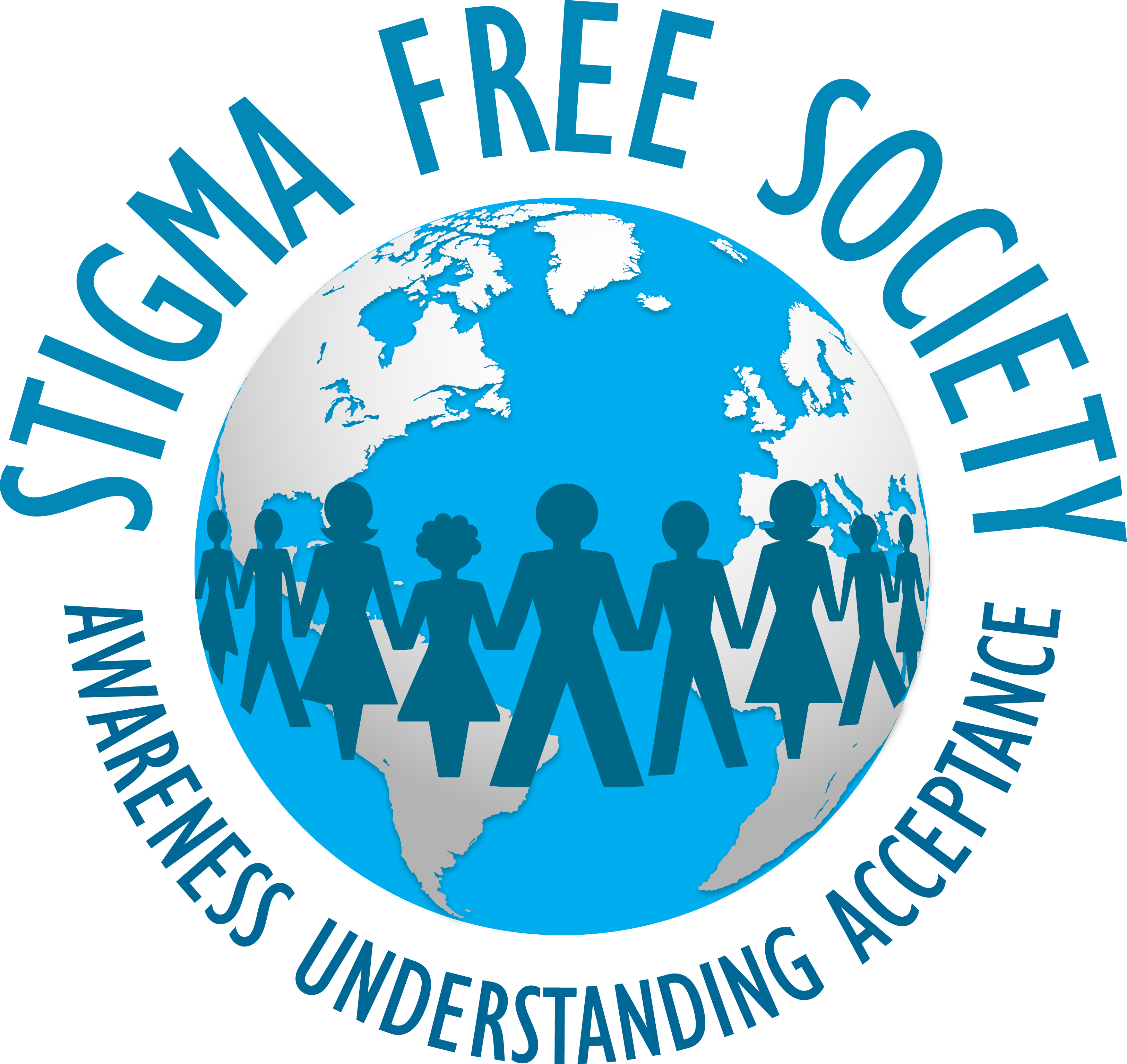Interested in starting your own entrepreneurial journey in mental health charities but unsure what to expect? Then read up on our interview with Andrea Paquette, founder of Stigma-Free Society, based in Vancouver, Canada.
What's your business, and who are your customers?
Since 2010, the Stigma-Free Society is a registered provincial Canadian charity committed to combating stigma of all kinds with a focus on mental health. The Charity’s Vision and Mission foster programs that cultivate, encourage, and educate diverse communities to be inclusive and compassionate through awareness and understanding via education, support and leadership. Our work is gaining national momentum with its transforming service delivery model and our hope is to reach international heights in the coming years. The Stigma-Free Society is committed to the promotion of mental wellness and the elimination of stigma that so often surrounds mental illness, developmental disabilities and other challenging personal circumstances. Our Society helps people achieve personal empowerment by providing peer support for youth and adults and raising awareness through education in schools and the community.
The Society’s goal is to create AWARENESS of the various stigmas that exist in the world, develop an UNDERSTANDING of the challenges that numerous people face and encourage all people to foster ACCEPTANCE of themselves and others. The overview of the Stigma-Free Society includes its Programs such as virtual Youth Mental Health Toolkits that have assisted educators, school counsellors, parents and guardians, and youth alike, to reach out for help with their mental health concerns.

Tell us about yourself
My name is Andrea and I am President and originally founded a Charity - Bipolar Disorder Society in 2010, which lead to co-founding the Stigma-Free Society in 2016. I created a bright pink t-shirt with the words “Bipolar Babe” on the front, which led to a movement to stomp out stigmas that allow negative attitudes and perceptions of people with differences to persist.
I made the t-shirt nearly a decade ago to overcome feelings of shame related to my diagnosis of bipolar disorder in 2005. The move was part of an empowerment strategy that I devised after recovering from a suicide attempt. More than helping myself, the t-shirt became the impetus to start the Bipolar Disorder Society of BC and now the Stigma-Free Society, a not-for-profit charitable organization in Canada dedicated to spreading acceptance, understanding and empathy and stomping out the stigmas related to mental illness, physical and developmental disabilities, race, sexual orientation, gender identity and expression, and religion.
My mission gained traction in 2009 as many people were not talking about mental illness. Since launching the charity with the help of dedicated partners, I have told my story to more than 50,000 youth in high schools in British Columbia and even more in the community. I contributed a chapter to the book Hidden Lives: Coming Out on Mental Illness (2012), and I am working on a book about my experience and my mission to spread the words that no matter what our challenges, we can all live extraordinary lives. I coined this message and it motivates me to continue the work of the Stigma-Free Society by delivering our impacting programs.
What's your biggest accomplishment as a business owner?
My most significant challenges lie before I founded the Charity in 2010. My passion was to share my story so others don’t have to suffer in silence like I did. People connect with personal stories; it’s what moves them in their hearts. Hearing about a person facing extraordinary things helps others relate to the issue. It makes us feel more human to be with another human being who has suffered or is dealing with some kind of challenge.
I hit my deepest, darkest depression of my entire life years before creating the Charity. I couldn’t grocery shop for myself because it felt too overwhelming to even step into the store. Even cooking something easy felt like building a house. I couldn’t even shower; it felt like climbing Mount Everest. It was horrible.
I’m very candid about what happened. I medicated myself with sleep for two weeks, day and night, because I didn’t want to see the sun. And then I attempted suicide, which landed me in the intensive care unit for three days. I luckily survived.
Iit can be traumatic to hear about my attempt, I say we need to talk about suicide because we don’t talk about it enough. It’s quite taboo still in this society. I didn’t reach out for help; I didn’t talk to my family; I didn’t reach out to my friends, my doctor, any community resources. I wasn’t alone but I felt very alone. I now get to carry the message that we need to remember there is always help and there is always hope. That is my most significant accomplishment.
What's one of the hardest things that come with being a business owner?
Starting a Charity, which runs like a business is a very long climb to organizational stability. The first 5 years are the toughest and I dedicated every spare moment to charitable activities even as a volunteer for the first 2 years. I also held two jobs for 4 years and a Full-Time job as a Founder really doesn't happen over night unless you have immediate funding. I found myself frustrated in the trenches from time to time. The Charity is a grassroots entity and was ignited with $5000 and now runs on a $500,000 budget. I have learned that patience and persistence are key elements to success and it is imperative to remember that growth is incremental. It is easy to fall into Founder's syndrome, which I dealt with, and this can be a massive detriment to success. It is imperative to share your vision with others, empower a team and forge ahead as a Leader that embraces the talents and passion of others for the cause.
What are the top tips you'd give to anyone looking to start, run and grow a business today?
1) Invest your time wisely and don't burn yourself out. You are not serving yourself or others if you are not mentally well. Take the time you need to create balance in your life while pursuing your dream.
2) Be prepared for the long haul and remember that with every investment of time, you get closer to organizational stability. You can make a well-paying full-time job out of your dream, but that cannot be your focus. Focus on the passion.
3) Share your dreams, vision and accomplishments. Speak life into your venture and you will be surprised how many people will want to help you along the way.
Is there anything else you'd like to share?
I look at my life now, and I’m very happy. I have a very blessed life, pets and family, people who love me, job and opportunities, travel. I never thought having a mental illness I’d be able to have all this. People often think that when you have a mental illness you’re stuck at home cause you’re a lost cause, but you can lead a very, very full life. I never let bipolar disorder stop me. We all deserve happiness.
Where can people find you and your business?
https://stigmafreesociety.com/
https://www.instagram.com/stigmafreesocietysfs/
https://twitter.com/SFsociety_
https://www.facebook.com/stigmafreesocietySFS
https://www.linkedin.com/company/stigma-free-society/
If you like what you've read here and have your own story as a solopreneur that you'd like to share, then email community@subkit.com; we'd love to feature your journey on these pages.
Feel inspired to start, run or grow your own subscription business? Check out subkit.com and learn how you can turn "one day" into day one.



